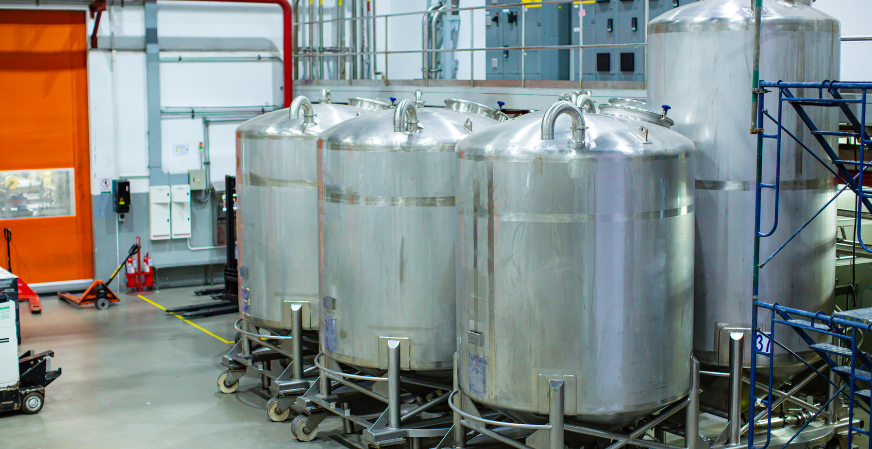
Stainless steel tanks are critical components across various industries, including food and beverage, pharmaceuticals, chemicals, and water treatment. Known for their durability, corrosion resistance, and hygienic properties, stainless steel tanks are manufactured to meet the highest standards of quality and performance. In this description, we will explore the manufacturing process of stainless steel tanks, highlighting the precision and expertise involved in creating these essential industrial containers.
The manufacturing process begins with the selection of high-quality stainless steel. Common grades used include 304, 316, and 316L, each chosen based on the specific requirements of the application. Stainless steel's resistance to corrosion and ability to withstand high temperatures make it the ideal material for tanks that store a wide range of substances, from corrosive chemicals to food products.
Before production begins, the tank is meticulously designed to meet the client's specifications. This involves detailed engineering drawings and 3D models that ensure every aspect of the tank is optimized for its intended use. Factors such as capacity, pressure rating, and integration with existing systems are all considered during the design phase. Engineers also take into account regulatory requirements and industry standards to ensure compliance and safety.
Once the design is finalized, the stainless steel sheets are cut to size using advanced CNC (Computer Numerical Control) machines. These machines provide precision cutting, ensuring that each piece fits perfectly. The cut pieces are then shaped into the required forms, such as cylindrical shells, conical bottoms, and domed tops, using rolling and bending equipment.
Many stainless steel tanks are customized to meet specific needs. Customization options include insulation jackets for temperature control, agitation systems for mixing, and automated control systems for monitoring and managing tank operations. These features enhance the functionality of the tanks, making them versatile solutions for various industrial processes.
Durability: Stainless steel tanks are highly durable and resistant to corrosion.
Maintenance: Low maintenance due to their smooth surface and resistance to rust.
Versatility: Suitable for a variety of applications, including storage, mixing, and fermentation.
Safety: Non-reactive to most chemicals, ensuring safe storage of materials.